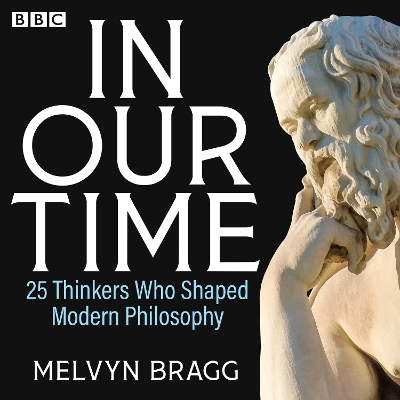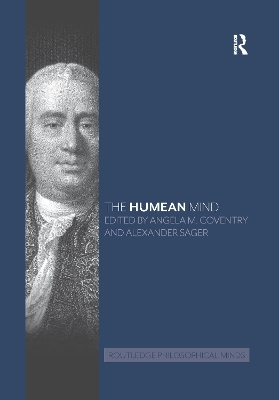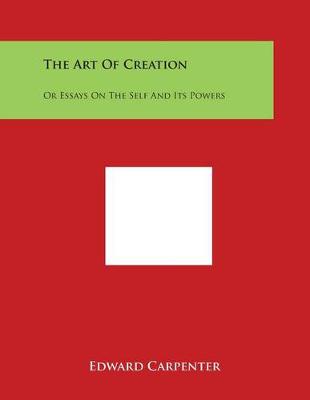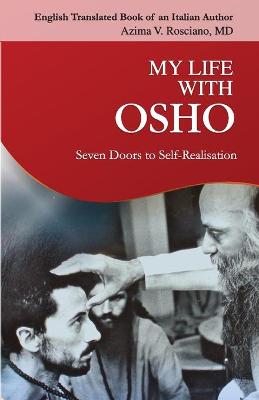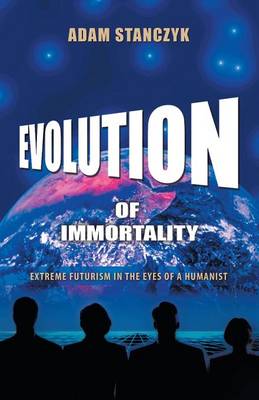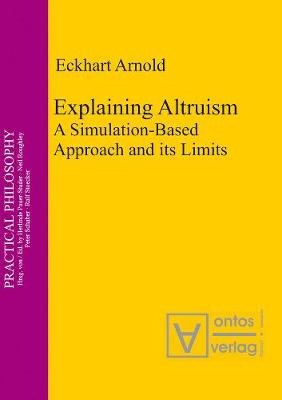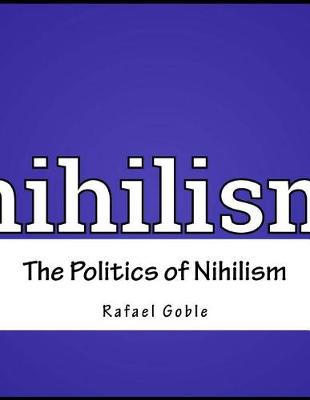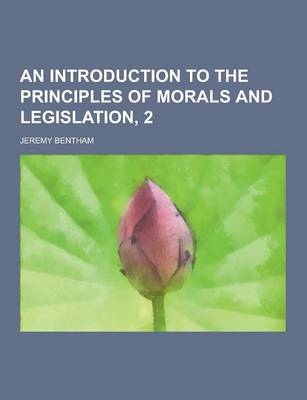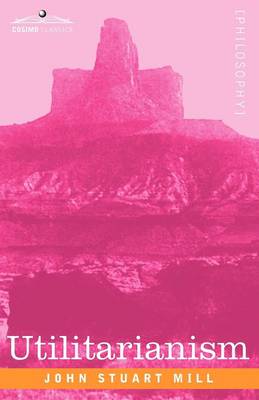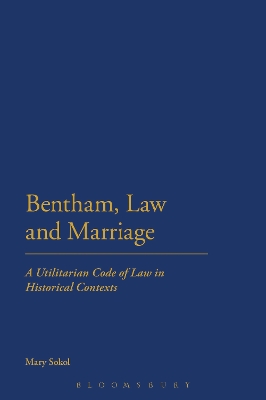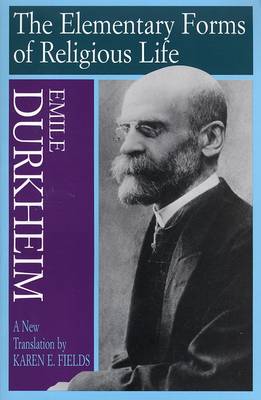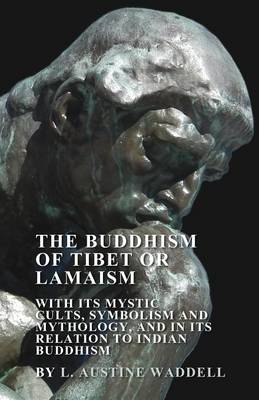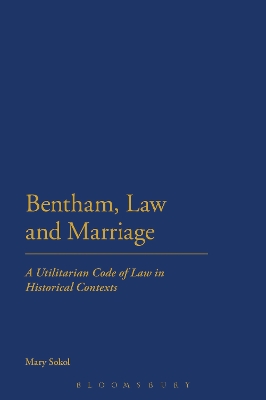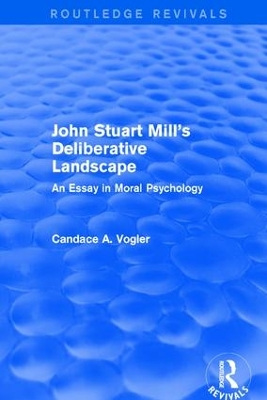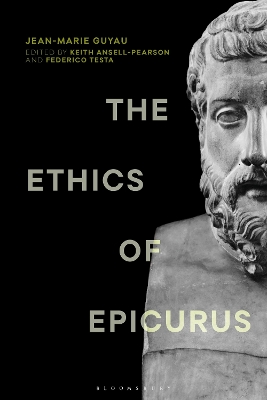In Our Time: 25 Thinkers Who Shaped Modern Philosophy
by Melvyn Bragg
Melvyn Bragg and guests chart 500 years of Western philosophy through its most influential ideas and theorists'Listen to this and you'll never regret it' The IndependentFirst aired in 1998, In Our Time has become one of Radio 4's most beloved and enduring shows, regularly attracting an audience of over 2 million. Each week, Melvyn Bragg and his panel of guest experts take part in an erudite, stimulating discussion on subjects ranging from the Peasants' Revolt to plate tectonics, taking...
The Humean Mind (Routledge Philosophical Minds)
David Hume (1711-1776) is widely acknowledged as one of the most important philosophers in the English language, with his work continuing to exert major influence on philosophy today. His empiricism, naturalism, and psychology of the mind and the passions shape many positions and approaches in the sciences and social sciences. The Humean Mind seeks to provide a comprehensive survey of his work, not only placing it in its historical context but also exploring its contemporary significance. Compr...
The first five volumes of the Correspondence of Jeremy Bentham contain over 1,300 letters written both to and from Bentham over a 50-year period, beginning in 1752 (aged three) with his earliest surviving letter to his grandmother, and ending in 1797 with correspondence concerning his attempts to set up a national scheme for the provision of poor relief. Against the background of the debates on the American Revolution of 1776 and the French Revolution of 1789, to which he made significant contri...
The Art Of Creation (Cosimo Classics Personal Development)
by Edward Carpenter
Employing computer simulations for the study of the evolution of altruism has been popular since Axelrod's book "The Evolution of Cooperation". But have the myriads of simulation studies that followed in Axelrod's footsteps really increased our knowledge about the evolution of altruism or cooperation? This book examines in detail the working mechanisms of simulation based evolutionary explanations of altruism. It shows that the "theoretical insights" that can be derived from simulation studies...
On Liberty (ISR Business and the Political-legal Environment Studies, #6) (Oxford Paperbacks)
by John Stuart Mill
This volume includes the complete essay in five chapters: Introductory; Of the Liberty of Thought and Discussion; Of Individuality, as One of the Elements of Well-being; Of the Limits to the Authority of Society over the Individual; and Applications. With a fine introduction by editor Alburey Castell, this edition also includes line numbers for easy reference, a list of principal dates in the life of John Stuart Mill, and a bibliography.
An Introduction to the Principles of Morals and Legislation, 2
by Jeremy Bentham
Utilitarianism (Library of Liberal Arts, #1) (Everyman's University Library)
by John Stuart Mill
What is the foundation upon which moral judgments are made? Why and how do we conclude that an action, performed or contemplated, is right or wrong, good or bad? In the eighteenth century, English philosopher Jeremy Bentham developed the now famous moral theory known as utilitarianism, which is based upon the pleasure principle - a concept whose history can be traced back to the ancient Greek philosopher Epicurus and to Hedonism. In his acclaimed essay Utilitarianism (1863), John Stuart Mill, t...
In this work, first published in 1912, Emile Durkheim examines a wide range of religious topics including: forms of animism, naturism, and totemism; fundamental concepts such as the soul, spirits and gods; and cults and rites. He argues that the origins of religion are social in nature, and that religious forms cannot be understood apart from their functions.
An Introduction to the Principles of Morals and Legislation: Printed in the Year 1780 (Ed.1789) (Sciences Sociales)
by Bentham-J
Jeremy Bentham's law of marriage is firmly based on the principle of utility, which claims that all human actions are governed by a wish to gain pleasure and avoid pain, and on the proposition that men and women are equal. He wrote in a late eighteenth century context of Enlightenment debate about the status of women, marriage and the family, as did his contemporaries Wollstonecraft and More. Bentham responded particularly to the thought of Milton, Locke, Hume, Paley and to the French thinkers M...
John Stuart Mill's Deliberative Landscape (Routledge Revivals) (Routledge Revivals)
by Candace Vogler
First published in 2001, this book sets out to shed light on traditional controversies in Mill scholarship, underscore the significance of the contribution Mill made to associationist psychology, argue he is not entirely successful in explaining why art matters, and that this failure is linked to a deep tension in his mature work - rooted in his unwillingness to shake off the moral psychology he was raised on. The book examines various episodes and tensions in Mill's life and work and how they r...
The Ethics of Epicurus and its Relation to Contemporary Doctrines
by Jean-Marie Guyau

